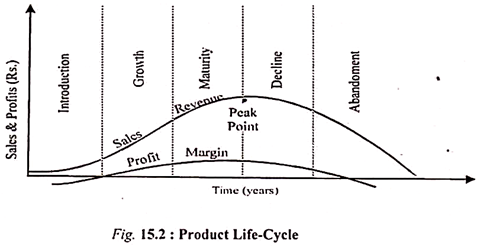Basis of Difference | Adaptation | Standardizations |
1) Application in Marketing Means | It is supported by strong market variety especially by market individualism and market uniqueness. | Companies should apply the four basic marketing instruments (4P5) in the same way worldwide and ignore national specialties in individuals markets. |
2) Reason for Application | Almost every international company takes into account (in higher or lower level), regional or local conditions which are typical to the differentiation. | MNC should think globally and apply integration access worldwide. |
3) Product Offered | Altering relevant feature of the product in significant ways for each and every individual geographical market in the product is sold. | Complete standardization would involve designing a product that is identical in every relevant way for geographical market in which the product will be sold. |
4) Characteristics | A product is differential from competitor’s product and further the products produced by particular company. | A standard product does not need to have all the characteristics of the other products buyer requires. |
5) Approach | Adaptation is an approach of detailing the differentiation that exists between products and services. | Standardization of product is the approach for increasing commonality of product in the supply chain management. |
6) Economics of Scale | Unique aspects in product result in different in quality thus increasing cost of production and lower economies of scale. | Commonality in products results in higher productivity due to higher demand, having an impact on economies of scales which lowers the total cost. |
7) Need | Satisfy a particular need of buyer. | Satisfy the heterogeneous needs of the buyer. |
8) End Result | Show sense of value to the buyer but they have to pay more for such product. | Benefits buyer by lowering price. |
|
